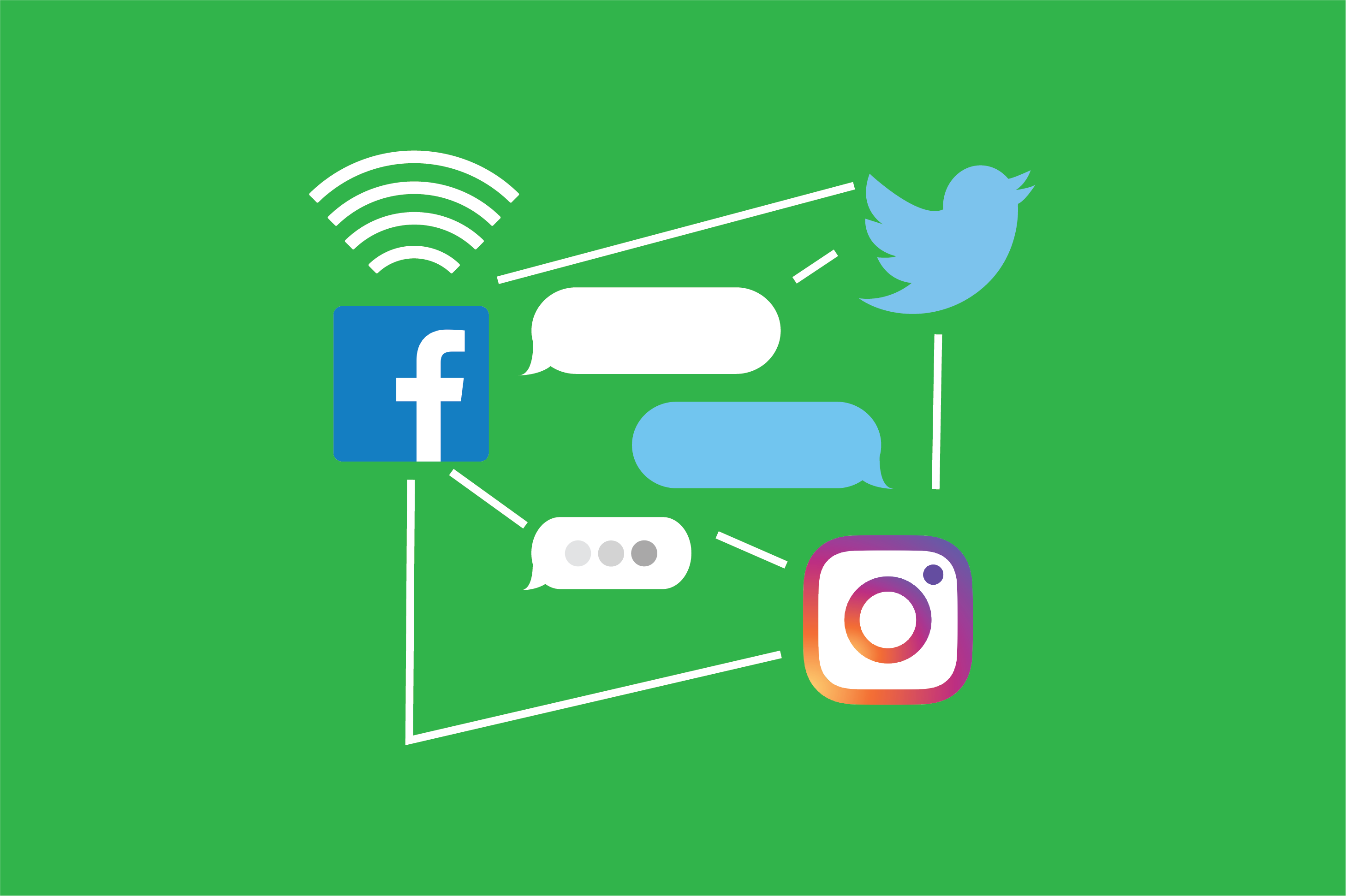The Darker Side of Social Media
Posted on Wednesday, February 27th, 2019
 There is no argument that social media has helped individuals, businesses, and causes attain exponential heights in publicity and profits in record times. Through micro-storytelling, social media has helped bring people together from all different backgrounds and origins and built many valuable friendships and relationships because of a common ground in interest or belief. But there is also no argument that social media has brought some people and businesses to depths they could never have anticipated. Businesses aren’t spending enough time researching the security implications of social media and subsequently training their staff on how to prevent compromises. This article will take you through a couple of things that you should know about particularly how social media has tricked you into thinking that a little sharing is harmless.
There is no argument that social media has helped individuals, businesses, and causes attain exponential heights in publicity and profits in record times. Through micro-storytelling, social media has helped bring people together from all different backgrounds and origins and built many valuable friendships and relationships because of a common ground in interest or belief. But there is also no argument that social media has brought some people and businesses to depths they could never have anticipated. Businesses aren’t spending enough time researching the security implications of social media and subsequently training their staff on how to prevent compromises. This article will take you through a couple of things that you should know about particularly how social media has tricked you into thinking that a little sharing is harmless.
‘Twenty Things You Don’t Know About Me’
Many users have received private messages from their Facebook friends who have just created this list, titled ‘Twenty Things You Don’t Know About Me’. Users are invited to read it, create one for themselves, and notify others – similar to a chain letter. The list consisted of some seemingly inconsequential questions like:
What was my most embarrassing moment? Have I ever played hooky? What was the name of my first elementary school? What was my favorite pet’s name?
The first two are instances we can all relate to when we need to express a little humlity, but the last two seem a tad familiar, don’t they? Perhaps you may have used these questions when you were setting up your security verification for online banking? By providing these kinds of details, although you appear to just be sharing it with friends, you may actually be providing an easy channel for identity theft. If you feel you must partake in situations like this, first, stop and think about how/if you’ve answered these types of questions in an online space before (i.e. online banking) and second, refrain from using a similar answer.
Sharing Your Photos and Videos
Photos and videos can give away a lot of information about your identity. If you are posting an image of someone else, be aware of how you may be compromising their privacy. Never post a video or photo of anyone without getting their consent first.
Photos and videos can also reveal a lot of information unintentionally. Many cameras will embed hidden data (metadata tags), that reveal the date, time and location of the photo, camera type, etc. Photo and video sharing sites may publish this information when you upload content to their sites.
Revealing Your Location
Most social networking sites will display your location if that data is available. This function is generally provided when you use a GPS-enabled phone to interact with a social network, but don’t assume that it’s not possible if you aren’t connecting from a mobile. The network your computer is connected to may also provide location data. The way to be safest about it is to double-check your settings.
Be particularly mindful of location settings on photo and video sharing sites. Hackers and cyber criminals can use your photos, location, and contact information to break into your home. For instance, if you just posted a photo of yourself at a location other than your home, and you have other photos posted of the great new devices or equipment you just bought yourself, this could be incentive enough for cyber criminals to take things a step further. Don’t reveal too much about your whereabouts, belongings, or your identity.
- Posted in
- Stay Informed